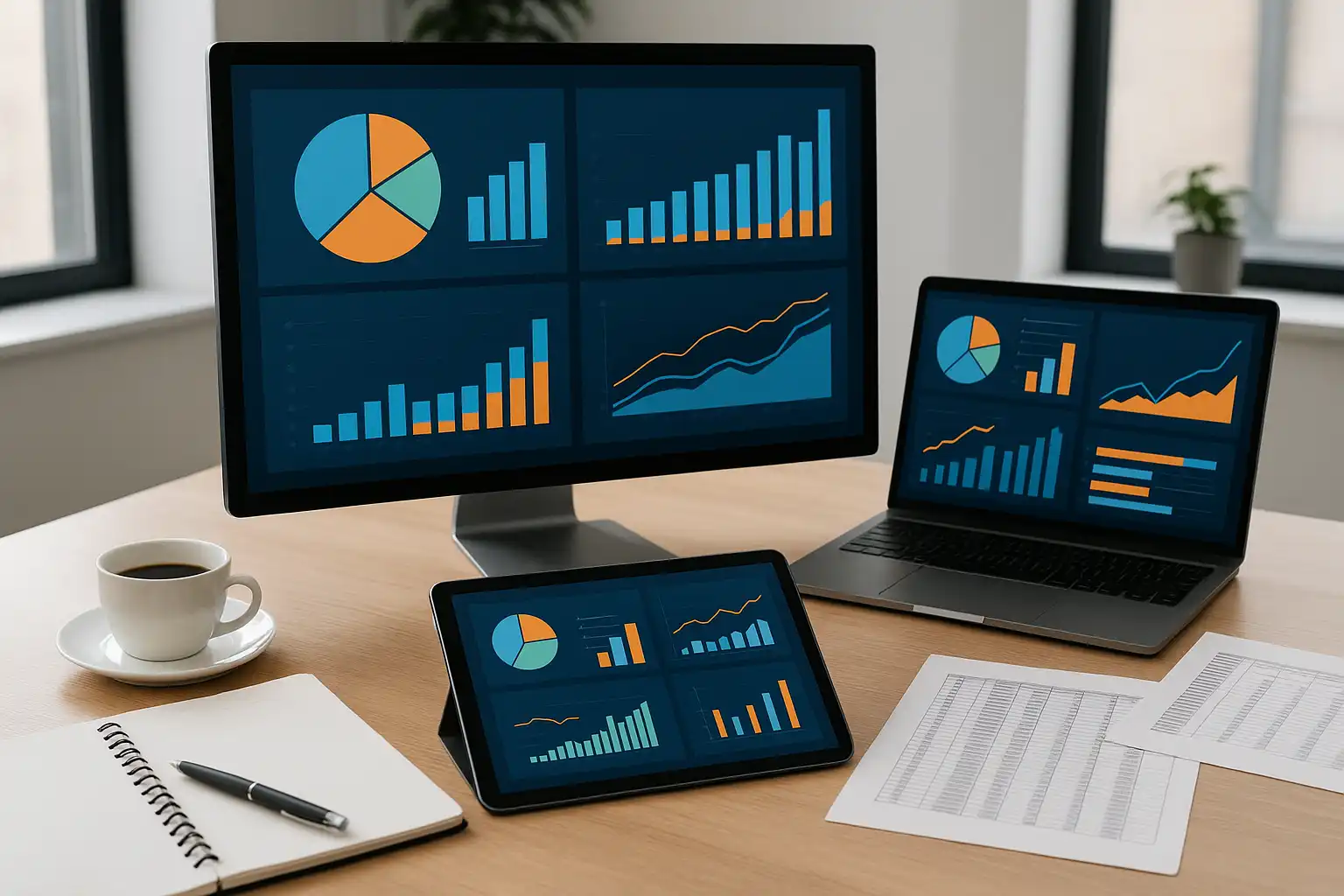Customer Behavior Analysis ServiceNow Use Cases: Unlocking Value and Improving Customer Experiences
Customer behavior analysis in ServiceNow enables organizations to leverage data-driven insights to optimize workflows, improve support processes, and enhance customer experiences. By analyzing user interactions across self-service portals, case channels, and communication touchpoints, businesses can identify trends, detect bottlenecks, and prioritize improvements. Key use cases include optimizing case management, enhancing self-service portals with AI-powered search, workforce scheduling, automating routine tasks, managing multi-channel communications, enriching customer profiles, and proactively resolving issues. ServiceNow’s AI tools—such as predictive intelligence, analytics dashboards, and automated workflows—help transform complex behavioral data into actionable strategies, enabling smarter decision-making and resource allocation. Industries like financial services, healthcare, retail, government, and telecommunications benefit significantly from these insights. Despite challenges like data silos, privacy concerns, and the need for change management, adopting strong data governance and staff training maximizes value. Best practices include defining clear objectives, consolidating data, continuous monitoring, and leveraging user feedback. Overall, ServiceNow’s customer behavior analysis drives faster resolution, higher self-service adoption, personalized support, and improved operational efficiency, making it a vital tool for organizations aiming to enhance customer satisfaction and stay competitive.










